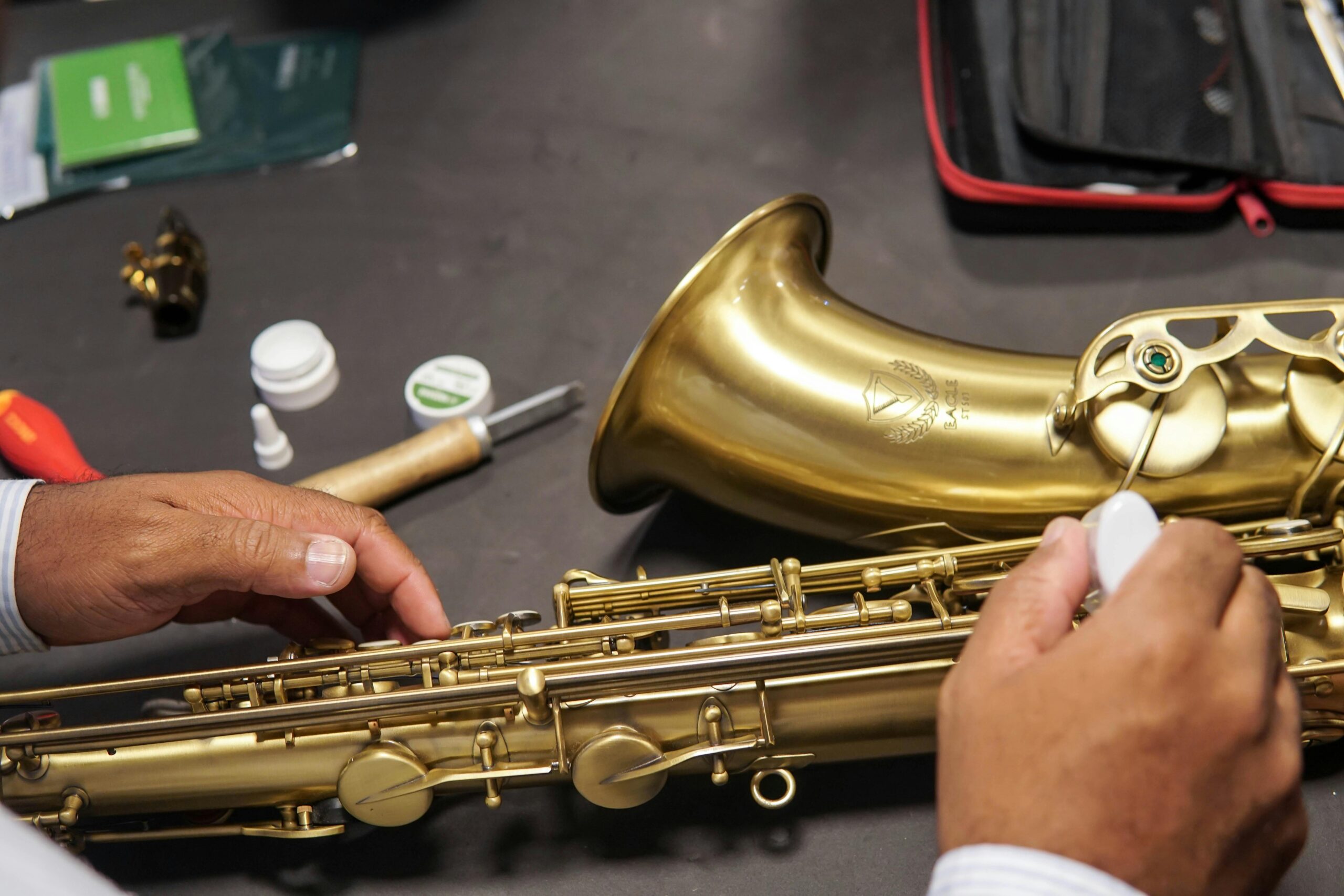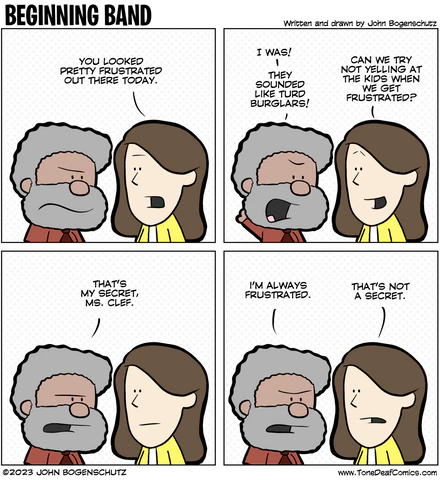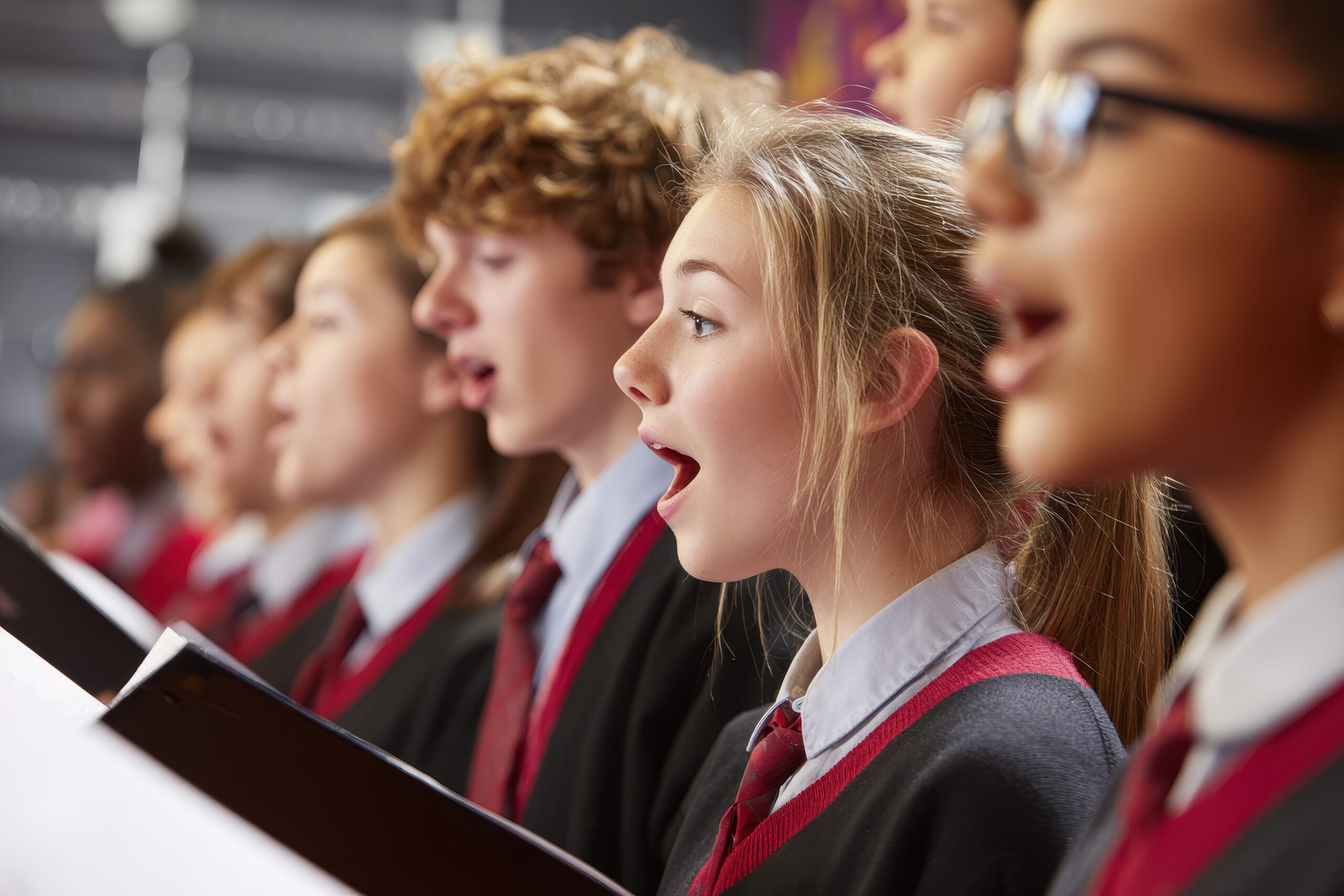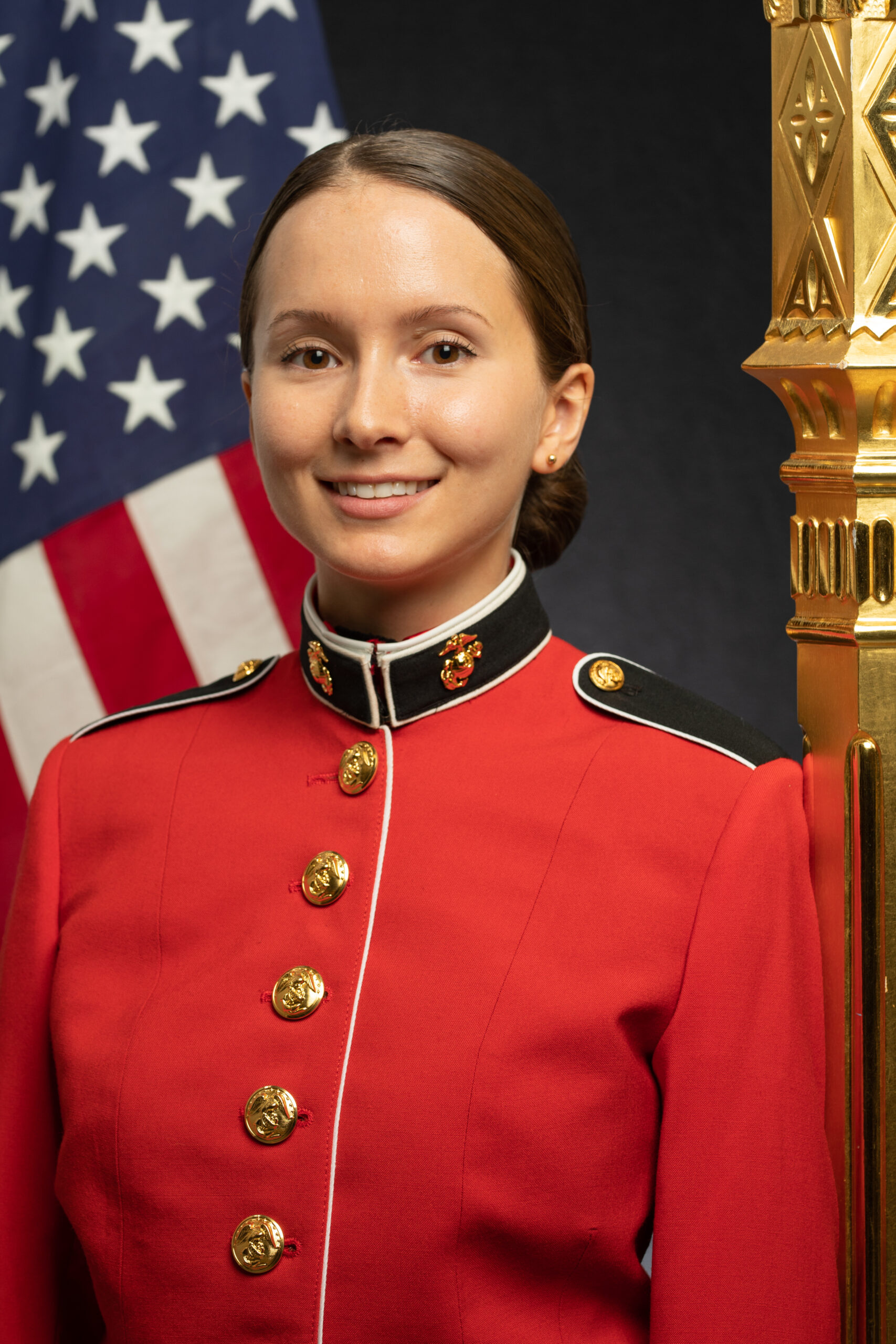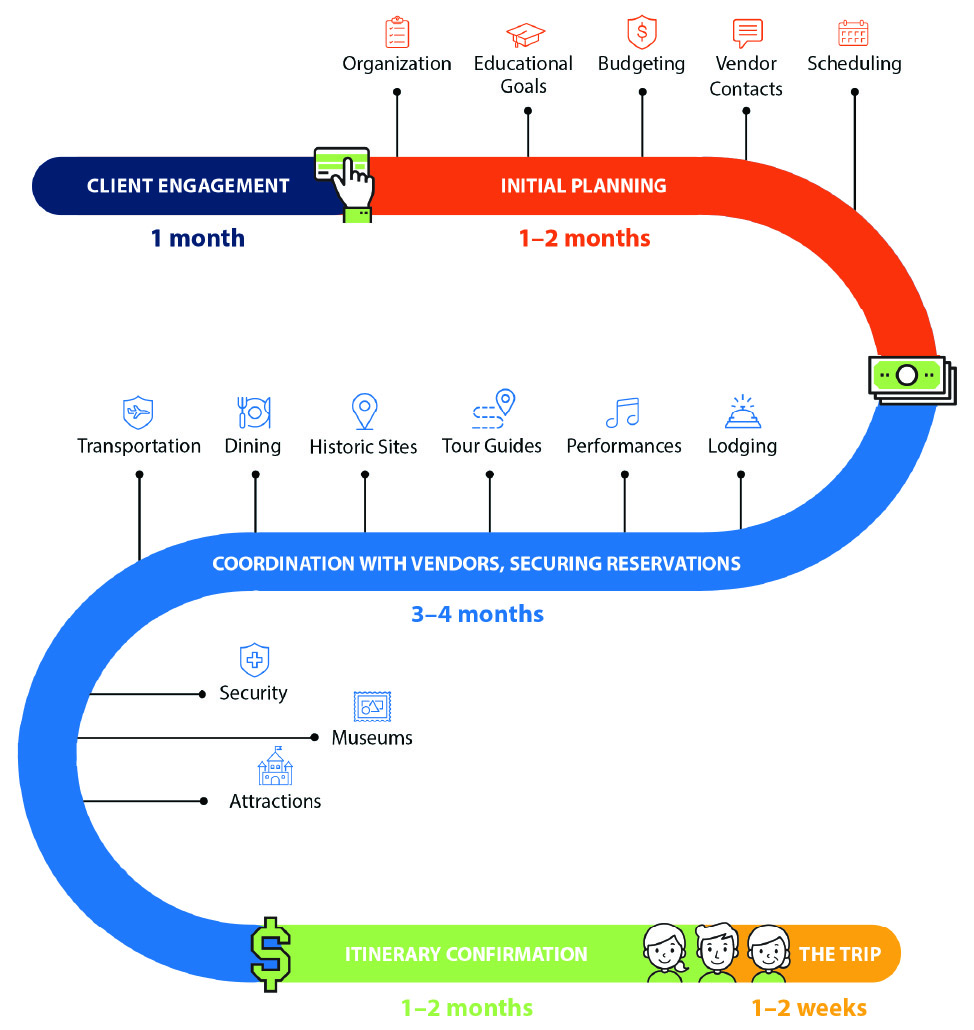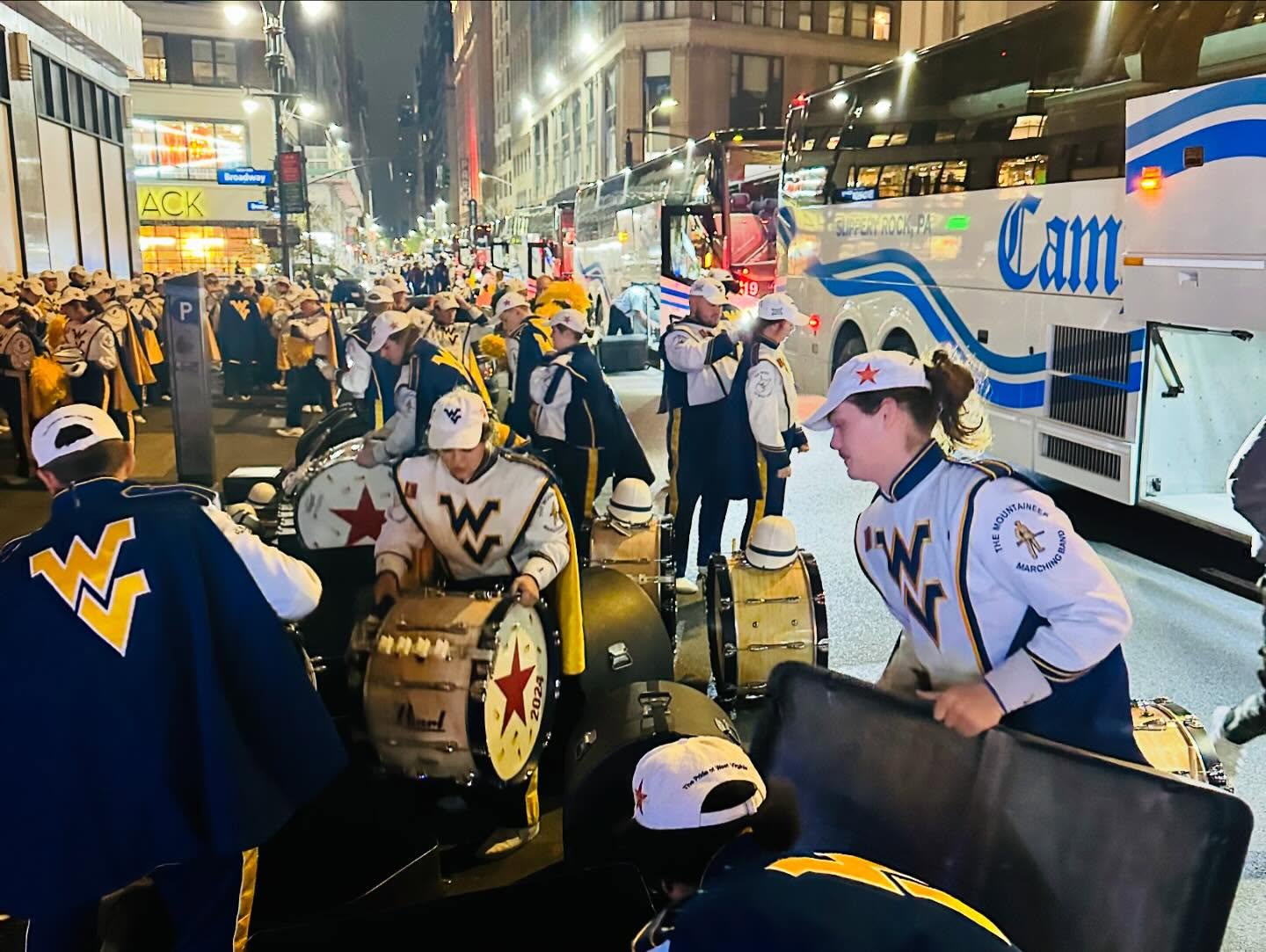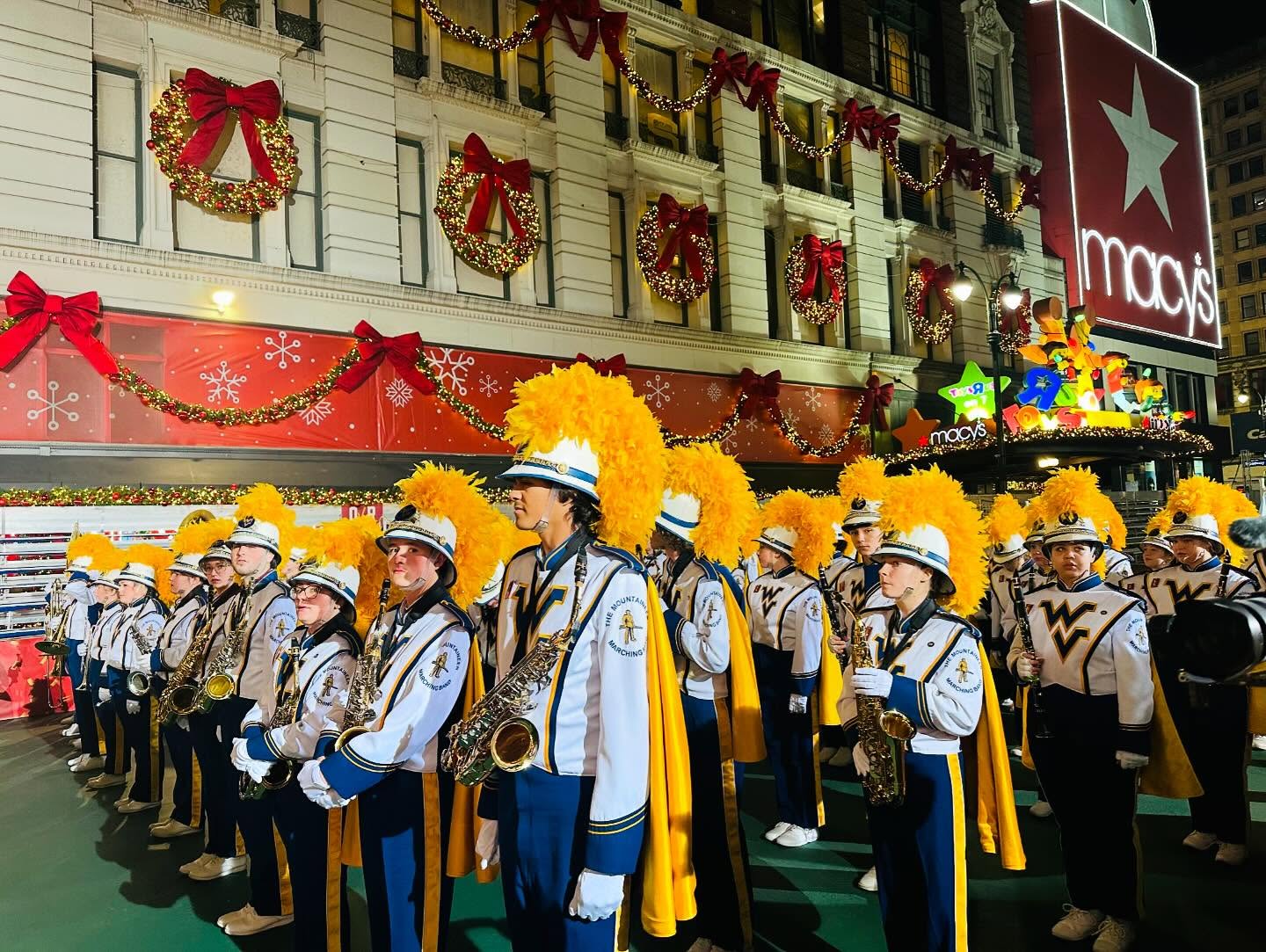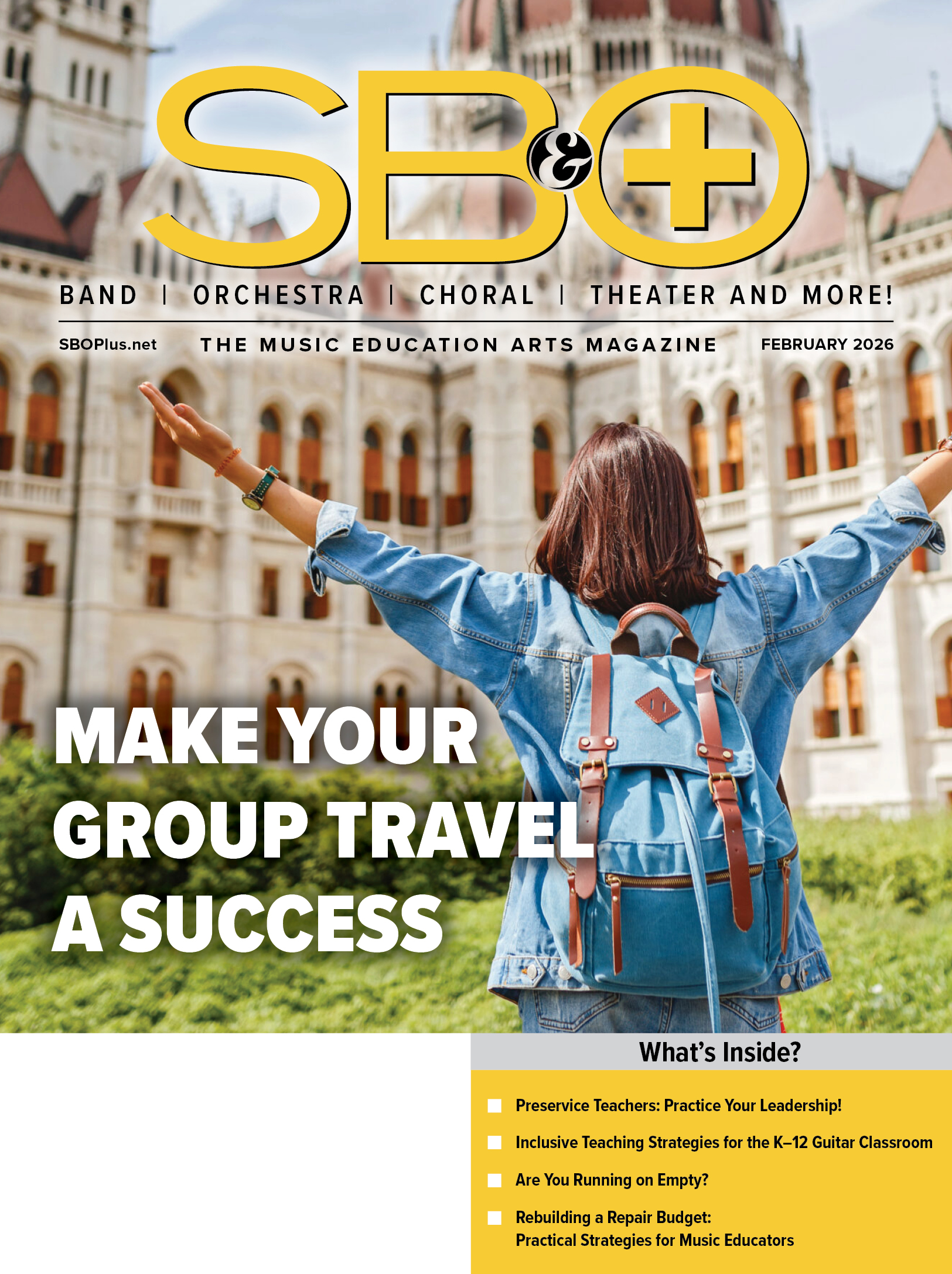 The more I teach the more I realize that any success we experience in the music program is due to several key factors which include: the ability to model a strong vision, the ability to model musicianship, and the ability/confidence to let the students do the work and own the program.
The more I teach the more I realize that any success we experience in the music program is due to several key factors which include: the ability to model a strong vision, the ability to model musicianship, and the ability/confidence to let the students do the work and own the program.
Model the Vision and Test the Vision
“The very essence of leadership is that you have to have vision. You can’t blow an uncertain trumpet.” Theodore Hesburgh (1917-2015)
Many of our schools have a vision/mission/purpose statement. Within the music department you may have a more detailed vision statement. It is important to look around the classroom and ensure that your students are exhibiting those behaviors and skills that drive the reason we are in school, and why we are making music. While assessing the students, look at how you are modeling the vision for them. If your vision statement mentions things about character, make sure your personal character “fits the bill” in and out of the classroom. If the vision mentions life-long music making, ask yourself “when was the last time I shared how music continues to play a part in my life with my students?”, or, when is the last time you brought a musician into the classroom from the community who continues to play and perform? These model the vision for the students so that they have an example to follow.
One of the most practical ways to “test” the vision is to see if your students “know” the vision. I recommend using a 3”x5” index card, a half sheet of paper, or a tech version of these like a Google Form to collect student thoughts from time to time. Near the beginning of class (perhaps after your warmup up or play the first piece of music for the day), ask your students to answer this question: “Why do you study music?” You will be amazed with the responses! Read the responses and see if any of the students have highlighted the vision or purpose of the music program. Many times, when I do this I see responses like “it helps me relax”, or “it is a much-needed BREAK in my day from the rest of my classes.”
When they write this, they are speaking to the aesthetic experience that music provides. When they write about “I like music because it is challenging and helps me think differently,” they are speaking to the way music relates to the rest of the world and how it is preparing them to become adults. Over time, work to help your students see how answering the question “why study music” is their PRACTICE TIME to articulate why arts education is important. Share your responses with colleagues and be excited that your students CAN be involved in the vision of your program if you let them tell you.
Model Musicianship
“Children learn more from what you are than what you teach” -W.E.B. Dubois
I have noticed (after many years of watching the great teachers) that the common thread of great music teaching is the ability to model musicianship. Words and inspiration can motivate people to new heights but sometimes, a student just needs to watch and hear it played it correctly. If it has been a while for you, I recommend getting your instrument out, and a few secondary instruments out if you can, and have them available to perform for the students. Your approach to the instrument as a professional musician is much different than theirs. You know what it takes to produce a good tone, the techniques necessary to perform the literature in front of them. Along with modeling great musicianship for your students, sometimes the best “teachable moments” come from when we hear the students struggling on a passage, only to pick up an instrument and try and figure out that passage, then to realize that there is an alternate fingering we somehow missed reminding them about, or a breath mark that would work better which fixes the air issues, et cetera. I also recommend singing, movement, dance, breathing, eye contact, posture, as things that we can model for our students.
The next step in modeling great musicianship is once the students know you are an example to follow, find those students in your ensemble that can provide the example. Ask a student with great tone quality to provide a tuning pitch at the start of class instead of using a tuner. Ask a student with a great sense of steady beat to play an ostinato on a percussion instrument, or if there is a student who has great technical ability on a difficult passage, ask them to teach the class how they perfected the fingerings. Letting your students step in and become the models for each other is very inspiring. Once you begin doing this, you’ll be amazed at how each student really does have something they can offer the music class. I’ve found myself saying “let’s use Michelle posture everyone”, or “let’s play that accent with some Spencer tone”, or “try playing as smooth and steady as Varun.” Of course, this means you’ll have to try letting students play little musical passages by themselves to figure out who has the strengths areas, but this will be well worth your time.
Let the Students do the Work, so You Can do Your Work!
“Tell me and I may forget. Show me and I may remember. Involve me and I learn.” -Benjamin Franklin
Let’s face it, we are perfectionists! Even if your desk isn’t tidy always, when you start conducting the band/orchestra/choir, you want the music to go a particular way and that is part of your job to make sure it goes that way! Unfortunately, we let that carry over into all other tasks and entities of the music program. We set up chairs, make concert programs, clean, organize, sort, type, track expenses and manage budgets, copy music, et cetera, and we wonder why we are so worn out? It’s because we have small armies at the ready who are willing and able to do these tasks with greater efficiency and accuracy than we could ever dream, and we are not letting them do this important work.
When you look at your students and the potential futures they will have in the workforce, you are seeing a melting pot of careers from teachers, lawyers, mechanics, medical professionals, engineers, information technology workers, writers, artists, speakers, leaders. The tasks that need to be done to facilitate a music program are perfect opportunities to let students practice their future careers, and yet we keep those tasks to ourselves too often. Meanwhile, the work that YOU only can be doing, (listening to students and helping them perform better, score study, professional development, future planning) gets put to the wayside, and it puts us behind in our ability to be ready to teach and inspire.
I recommend making a list of all the things you do or are supposed to do as a music teacher, then separate the list into things ONLY you can do, and into things OTHERS can do. Then identify students that would like to pitch in and help in a particular skill set. Before you know it, you’ll have a team of students that own many facets of the music program. This will eventually bleed into students mentoring other students, and the development of the program in general. Once you involve the students at a higher level, it will really start to take off! All it takes is you putting down that stack of music you are about to copy and think about your great role as the visionary for your program. Good luck!

